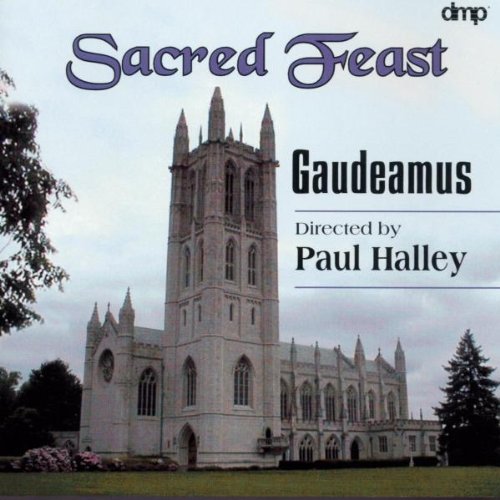Different speaker designs produce a different combinations of strength and weaknesses. Combine that with which of those strengths and weaknesses any particular listener prefers and we have a situation where people tend to lock into particular designs. It's a world full of enthusiasts that have become cultish around panels, horns, direct radiators, bipoles and dipoles. Yes some can show a closer relation to a perfect FR or radiation pattern, but I can fully understand why many will chose one that varies from that world.Circle of confusion... We all have different ideas of what music is supposed to sound like. I'm not sure what to make of the concept of accuracy. What I know is Toole's research produced statistically significant, repeatable preferences. But, as evidence this world isn't so simple, some like panel speakers which don't fall into the preferred majority.
(Horns and high efficiency rule, LOL)

